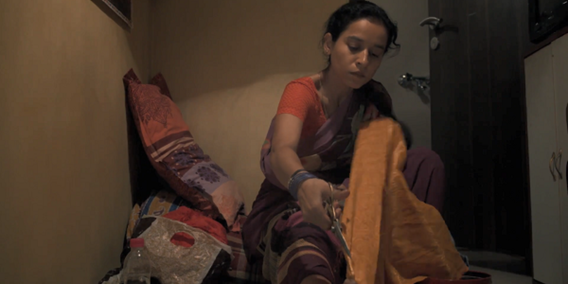Are Serial Killers Born Or Made? | Mental Health And Serial Killers
(TW: Mention of abuse and violence.)
(This blog is in no way justifying the acts of criminals but simply trying to understand the various reasons that can lead to them.)
In 1963, psychiatrist J.M. Macdonald published the triad of sociopathy. It indicates that behaviours of animal cruelty, arson and bed-wetting in childhood can apparently determine whether the child will grow up to be a criminal or a serial killer.
Macdonald believed that all three of these signs were a result of physical and/or emotional neglect. Children who were cruel to animals (or set fire) were venting their feelings of aggression and frustration. Bedwetting is also often associated with the child feeling stressed or anxious.
However, later research proved that it was not necessary that criminals displayed these behaviours in their childhood. Not all children who displayed these behaviours grew up to be criminals. However, these signs are linked with neglect in childhood and a dysfunctional home environment. Which brings me to my important point: Are serial killers born or made?
Serial killers are one of the most complicated criminals who continue to intrigue the general public and experts alike. In this debate, one side argues that every individual is born inherently good and it’s their environment that leads them to hurt or kill others, since childhood is a crucial time for physical, emotional and mental development. And the other side strongly believes that it’s the biological makeup and genetics of the child that leads them to be a killer in their adulthood.
So, what is it? Is it nature? Is it nurture? Or is it a combination of both?
In his book, The Anatomy of Violence, Dr. Adrian Raine explains how the genetic makeup of a person contributes to violent behaviour. A defect in the gene MAOA, which produces the enzyme Monoamine Oxidase A (MAO-A) is very common among criminals. This enzyme plays a key role in breaking down neurotransmitters such as dopamine. A defect in this gene results in a low dopamine turnover, causing the person to be more prone to be more aggressive.
Other studies done in order to understand the brain function of serial killers includes a study performed by Dr. Richard Davidson at the University of Wisconsin. The study revealed that individuals who had a tendency of being violent, showed increased amounts of activity in the portions of the brain that are responsible for regulating negative and violent emotions (and thus, keeping the outbursts in check).
The nurture debate states that deeply traumatic childhood experiences can have long lasting impact on the individual which may even shape their future personality and temperament. Naturally, not all abused children become serial killers and not all serial killers are victims of child abuse, but the connection between the two cannot be completely ignored.
Tremendous amount of research has taken place with regards to childhood abuse in criminal psychology. This area has also been investigated because many criminals reported facing abuse while they were growing up. A study conducted at Radford University in Virginia comparing the abuse history of 50 lust killers from the USA with the rates of child abuse in the general population showed that there was a high amount of physical, sexual and psychological abuse in the serial killer group. Here, abuse not only entails the abuse that the individual faced personally, but also the acts of violence (physical and/or sexual) witnessed by them as they grew up.
Many serial killers are known to have the traits of antisocial personality disorder. This disorder is characterised by a lack of empathy, pathological lying, disregarding right and wrong, a sense of superiority, impulsivity and no remorse for wrong doings. Individuals displaying these symptoms may face isolation, shame, guilt and anger, which might lead them to commit acts of violence. The children who show signs of conduct disorder are more likely to develop antisocial personality disorder in their adulthood. However, it is important to note that as in the case of genetics and childhood upbringing, not everyone who is diagnosed with antisocial personality disorder or conduct disorders will turn out to be a serial killer (and vice versa).
In The Anatomy of Violence, criminologist Dr. Adrian Raine says that, “Genetics and environment work together to encourage violent behaviour.” Therefore, it seems like there are various factors namely, genetics, environment, trauma and personality traits that contribute to the making of a serial killer. Hence, it is very important for the individual who may display such signs to receive the right kind of help for their mental health before they become a danger to themselves and others.
If this brings up questions about behaviour, trauma, or early signs...
Speaking to a trained psychologist can help you understand patterns, risk factors, and emotional impact with clarity and care. Therapy offers a safe, non-judgmental space to explore the harder questions.








